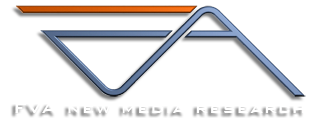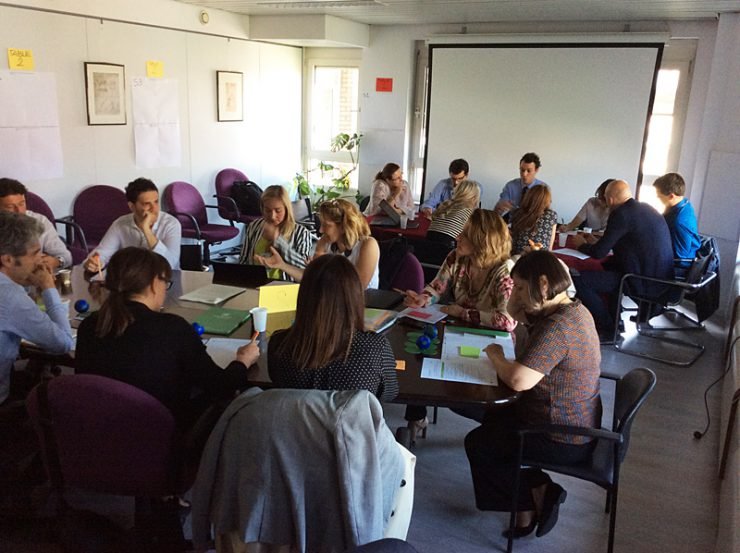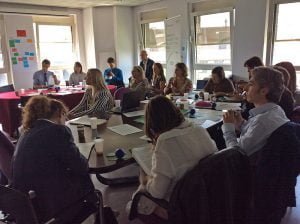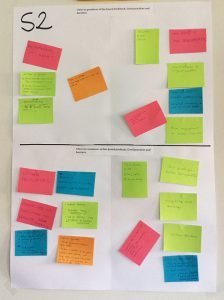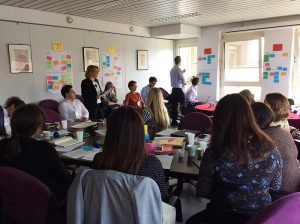Every year, the European Commission organises the EU Green Week that focuses on a variety of topics in the area of environmental protection, climate protection and the livelihoods of European citizens. In 2018, the focus lays on “Green Cities for a Greener Future”, including a series of events and conferences that explore ways in which the EU is helping cities to become better places to live and work, while protecting our environment.
In the context of the EU Green Week BIOVOICES organized the European MML workshop: Boosting circular bio-based economy in cities: Lessons learnt from EU funded projects and local stakeholders.
The event focused on bioeconomy in the city context in Europe and hosted Policy Makers, Researches, Business, Civil society that took part in 3 parallel sessions:
Session#1: bioeconomy in cities: challenges and opportunities – This session was dedicated to identifying some of the high level challenges that quadruple-helix stakeholders face with regard to implementing the bioeconomy. Moreover, the discussion centred around some of the promises that the bioeconomy entails, in particular with regard to environmental protection, livelihood of citizens and new
3 business models.
Session#2: Cities as producers of biomass feedstock and as consumers of bio-based products – Cities are both consumers of biomass products (e.g. in the construction-, furniture-, food-, paper and appliances industries) and producers of biomass waste that can be used as feedstock for the bioeconomy. This session was dedicated to the implications of the specific, two-fold roles for the different actor groups and in particular to the question of what regulatory, business-related and behavioural changes are needed in order to increase production of biomass feedstock as well as market uptake of bio-based products and services.
Session#3: Addressing transformative challenges to boost bioeconomy in cities – The session centred on the notion of transformative challenges. Through collecting good examples from the different actor groups, the session stimulated a dialog on how to overcome some of the challenges identified, inducing transformative change towards the bioeconomy.
Find the outcomes in the workshop report HERE
Visit the BIOVoices website

